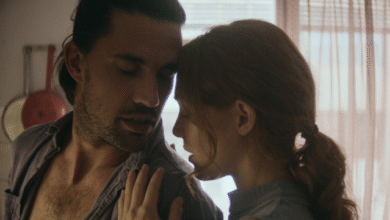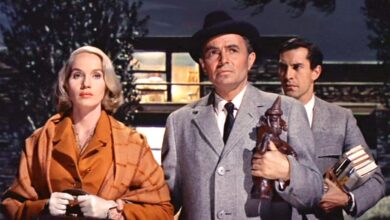Romeo and Juliet (1996): When Love Burns Too Bright to Last
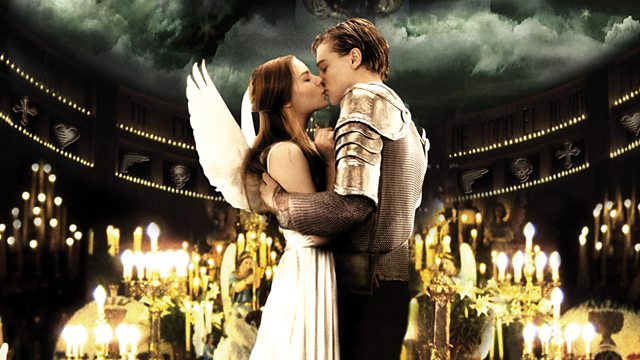
Baz Luhrmann’s Romeo + Juliet is a cinematic thunderstorm: fast, loud, and unforgettable. By setting Shakespeare’s text in a violent, media-saturated modern world, Luhrmann gives new intensity to the emotional core of the tragedy. But beyond the flashy visuals and stylized violence lies a story about love—desperate, impulsive, sincere—and the young hearts who are destroyed by it. At the center of the film are two characters whose inner lives, more than their fates, hold the audience captive.
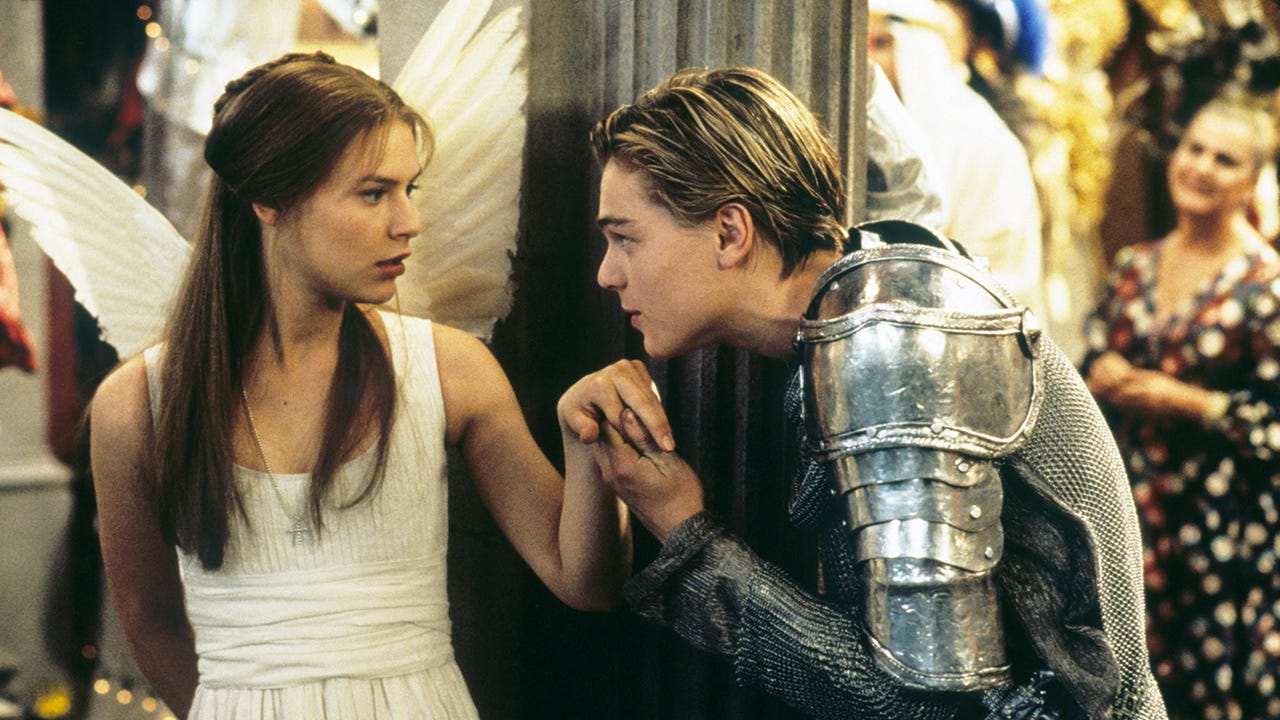
1. Romeo – A Heart That Feels Too Much
Leonardo DiCaprio’s Romeo is more than a romantic lead—he is a boy drowning in emotion. When we first see him, he’s already broken by a love he never truly had. He drifts through the early scenes like a ghost, speaking in metaphors and staring into space, as if feeling too much has left him hollow.
But when he meets Juliet, everything changes. Suddenly, the world sharpens into focus. His smile returns. His eyes come alive. Romeo falls in love not gently but as if saved from drowning. From that moment, he lives for her—and only her. That intensity becomes his downfall. He cannot step back. He cannot slow down. He is either completely in love or completely lost.
When Mercutio dies, Romeo snaps—not because he hates Tybalt, but because he cannot bear the pain of losing a friend in a world where love was supposed to heal him. He kills out of agony, not cruelty. And later, in exile, we see him sobbing, collapsing, shivering in despair. His final act—drinking poison by Juliet’s side—is not a noble sacrifice, but a boy’s last escape from a world that offered him no mercy.
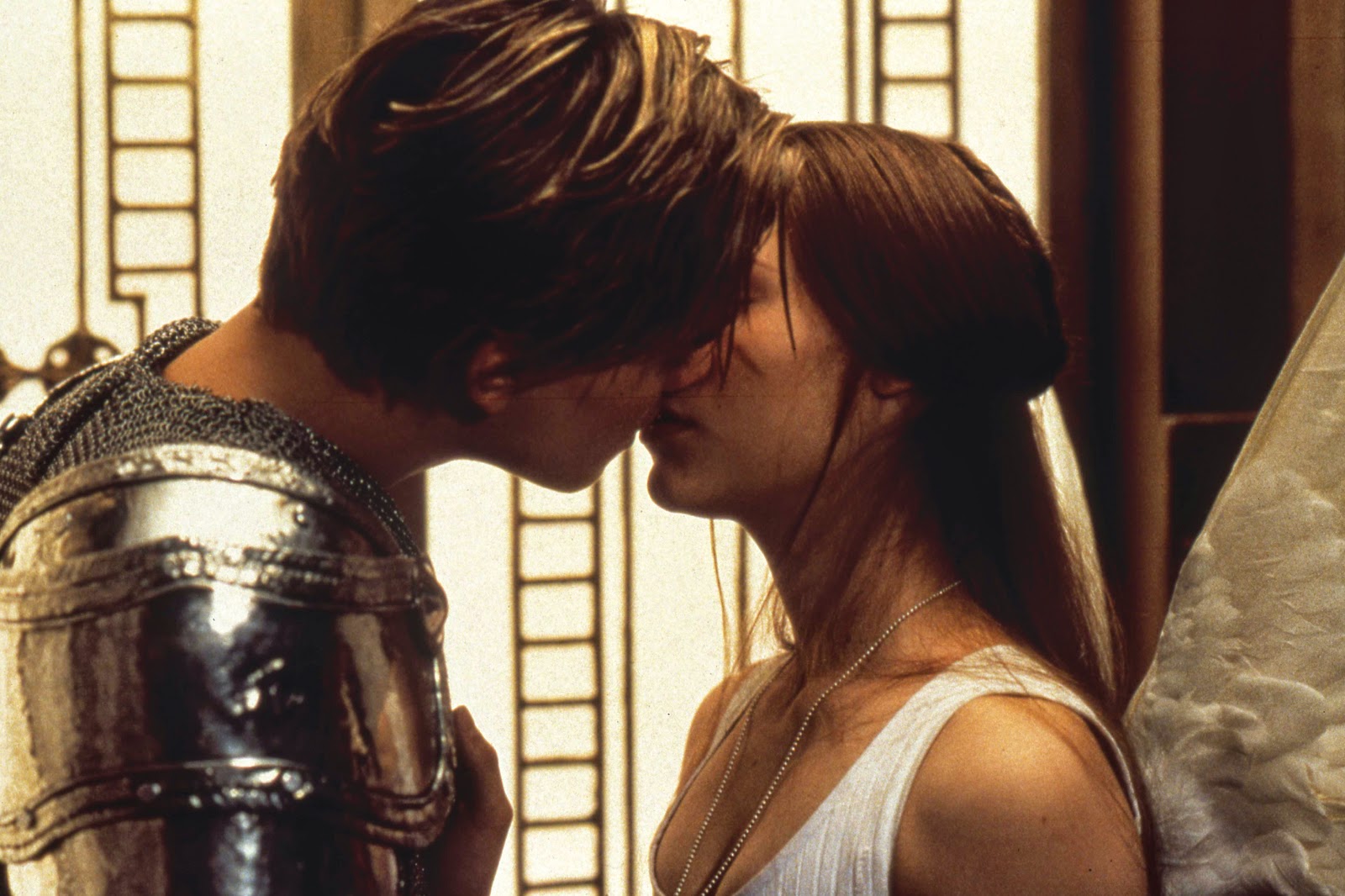
2. Juliet – Fragile Grace, Unshakable Strength
Claire Danes’s Juliet is one of the film’s most emotionally intelligent elements. She is young, yes—but never childish. She listens, observes, and feels everything deeply. Her love for Romeo is not a dream—it is a decision. She knows the danger. She knows the rules. But she chooses love anyway, with astonishing clarity.
From the balcony scene to their secret wedding, Juliet carries herself with purpose. Even when crushed between her family’s demands and her own heart, she holds her ground. Her pain when the Nurse turns against her is subtle, but piercing. She realizes she is truly alone—but she never wavers.
In the final scene, Juliet awakens to find Romeo dead. Danes’s scream is raw, animal, unforgettable. Yet even in that moment, she gathers herself. She kisses him, quietly. She reaches for the gun. Her death is not madness. It is conviction. Her love remains pure, even in the face of ruin.
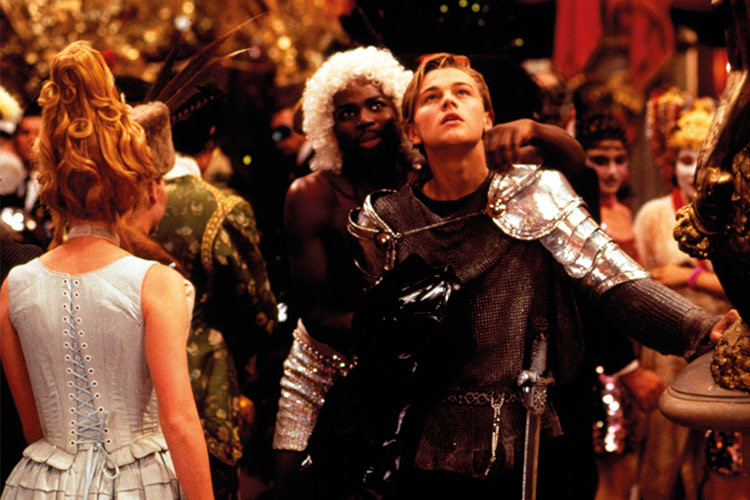
3. Mercutio & Tybalt – Explosions Waiting to Happen
Two characters orbit the lovers like sparks around gasoline.
Harold Perrineau’s Mercutio is flamboyant, unpredictable, and brilliant. He masks pain with glitter and speed, but the cracks show. His Queen Mab speech, often played as comedy, here becomes something darker—almost hallucinatory. He’s the only one who seems to sense the tragedy coming. His death is not just a loss—it’s the ignition of the final disaster.
Tybalt, in contrast, is all fire and pride. John Leguizamo makes him terrifying not because he’s angry, but because he believes in what he’s doing. He is the embodiment of inherited violence—unquestioning, unbending. When Romeo kills him, it isn’t justice. It’s proof that love and hate have become indistinguishable.
4. A World That Drowns the Tender Moments
Luhrmann’s Verona Beach is noisy, aggressive, and cruel. The setting is not just stylistic excess—it’s emotional metaphor. Love in this world is out of place. It must hide. The moments Romeo and Juliet share together—in the fish tank, the elevator, the candlelit church—are intimate sanctuaries carved out of chaos. These scenes feel like they belong to another universe. A better one.
But the real world always finds them. Cameras, guns, fathers, priests, time—they all push in. Their love becomes something endangered. Something hunted. And in the end, something destroyed.
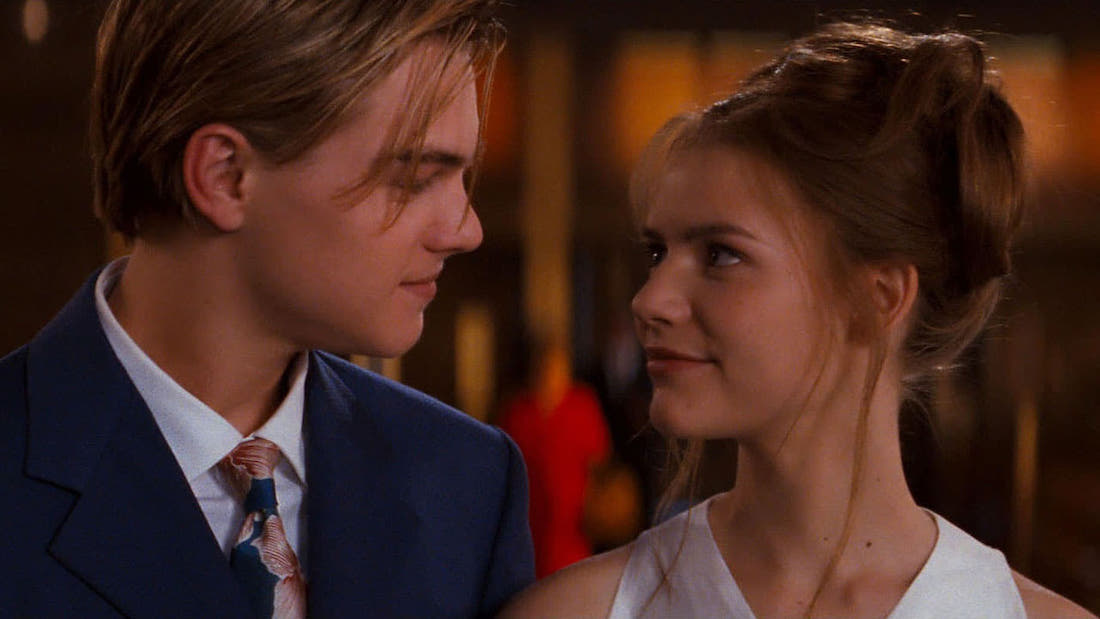
5. The Ending – Silence, at Last
The final act is one of cinematic heartbreak. Romeo finds Juliet, kisses her, drinks the poison. He dies seconds before she wakes. Juliet’s realization is slow and quiet—a scream held back, until it bursts. She doesn’t plead. She doesn’t run. She simply joins him.
There are no monologues. No gods intervene. Just two teenagers alone in a church, surrounded by candles and corpses. Love, so loud and fierce throughout the film, ends in silence. And in that silence, we feel the full weight of what they lost—and what the world took from them.
Conclusion – A Love Too Pure for Its Time
Romeo + Juliet (1996) is not subtle. It is a full-body experience: passionate, chaotic, tragic. But at its heart are two young people who love completely, without filters, without strategy. That kind of love, in a world ruled by violence and pride, has no chance.
What makes the film unforgettable isn’t the style—it’s the sincerity. Luhrmann, DiCaprio, and Danes believe in this love. And so do we. Even when we know how it ends.
Because sometimes, the brightest flames burn the shortest. But we remember the light forever.

